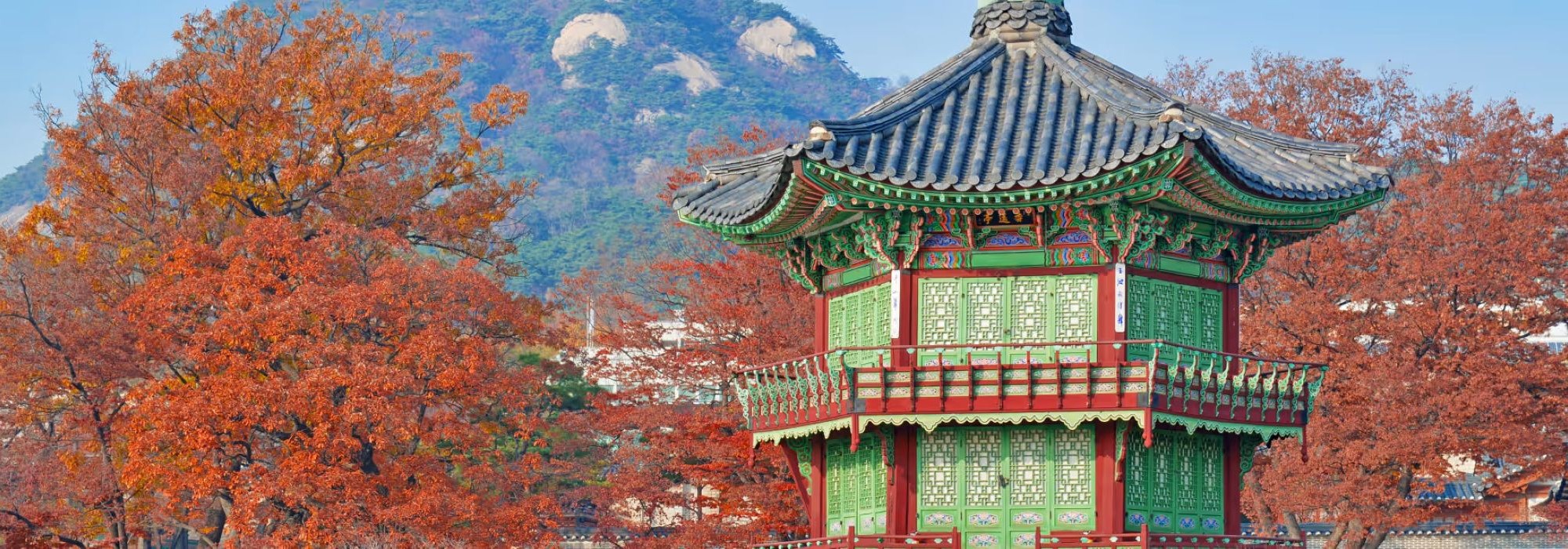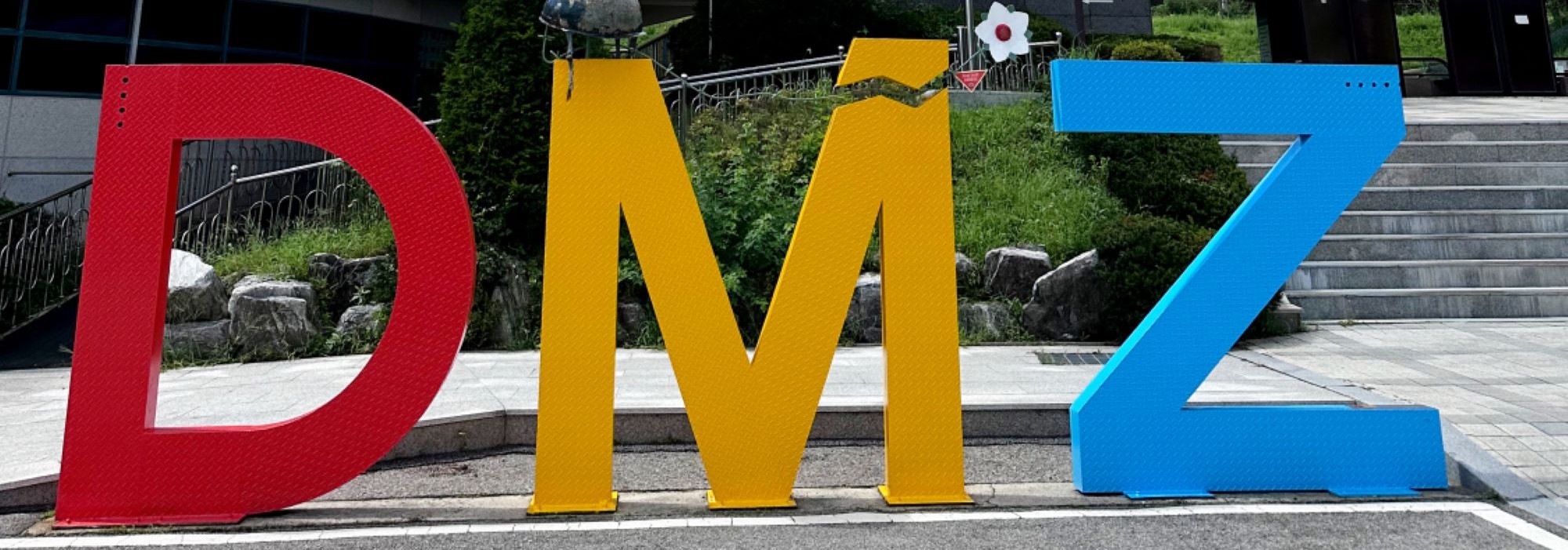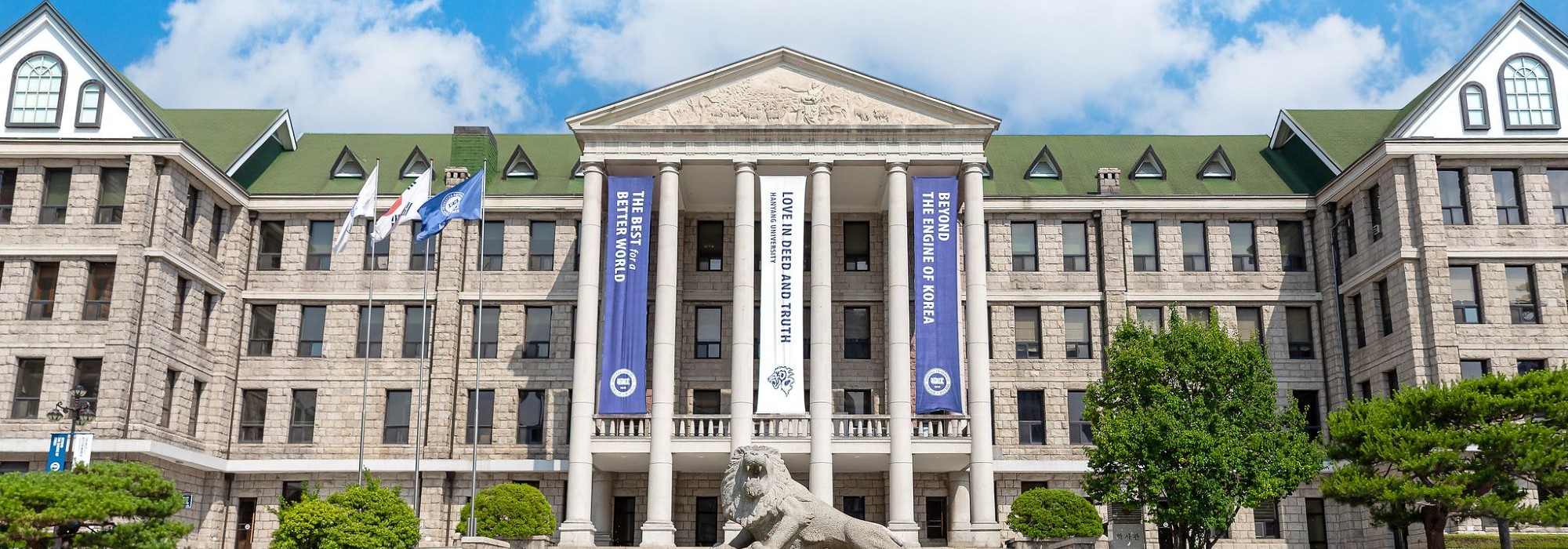SOUTH KOREA HANYANG UNIVERSITY
Hangyang University (HYU), founded in 1939, is one of Korea’s most prominent institutions of higher learning and research, and the nation’s first engineering school. HYU is accredited by the Korean University Accreditation Institute (KUAI); its College of Engineering is accredited by the Accreditation Board for Engineering and Technology (ABET); and its School of Business is accredited by the Association to Advance Collegiate Schools of Business (AACSB).
Hanyang University has two campuses, one in Seoul and the other in Ansan, and consists of the following colleges and schools.
- College of Economics & Finance
- School of Business (AACSB-accredited)
- College of Education
- College of Engineering (ABET-accredited)
- College of Human Ecology
- College of Humanities
- College of Medicine (not available to visiting students)
- College of Music
- College of Natural Science
- College of Nursing (not available to visiting students)
- College of Performing Arts & Sports
- College of Policy Science
- College of Social Science
- Intercollege
- Interdisciplinary Studies
- School of Interdisciplinary Industrial Studies
The Seoul campus is situated in a vibrant area that offers excellent access to student life, entertainment, dining, and culture. The campus’s central location also allows for easy travel to other parts of Seoul. The campus has many resources available to students (see video). There are 35,000 students studying at the Seoul campus; 8,000 international students representing more than 70 countries.
Teaching & grading
The curriculum at Hanyang University is based on the American higher education system. Most courses will have a syllabus, although you should not expect a syllabus in every course. Professors utilize lecture, discussion, and/or hands-on teaching styles, depending on the subject.
While there are many similarities to the USA, there are also differences. Students are expected to work more independently, courses may have fewer assignments, and professors are less likely to provide study sheets for exams.
The student’s academic performance is assessed according to four different criteria: exams, assignments, attendance, and class participation. Class attendance of at least 70% is required to earn a passing grade. However, individual professors may prefer a different attendance policy, and in such a case, students should follow the professor’s guidelines. HYU uses a letter-based grading system based on a 4.5 GPA scale.
Description
Exceptional
Excellent
Very good
Good
Above Satisfactory
Satisfactory
Passing
Minimum Passing
Failed
HYU Grade
95-100
90-94
85-89
80-84
75-79
70-74
65-69
60-64
0-59
USA Grade
A+
A
B+
B
C+
C
D+
D
F







